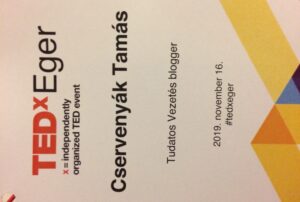Otherwise, decent pay is the baseline. If you wish to stand out from the crowd and build on an array of motivators that is available, it makes a lot of sense to abandon the mindset that people only work for their pay check.
Let’s start with the results a very recent global survey from 2018, carried out by Boston Consulting Group and its partners, asking more than 360.000 respondents in close to 200 countries. There were actually 7 items that preceded financial compensation in “what matters the most for people on the job”: good relationships with colleagues, good work-life balance, good relationship with superior, learning and training opportunities, career development, financial stability of the employer, and job security. While they found significant national differences, there were only a few countries where financial compensation made it to the top 3 of the list.
In an earlier study by Kovach at George Mason University, four items preceded “good salary” on the priority list: interesting work, appreciation of work done, knowing what is happening in the company and why, and very similarly to the above research, job security also seemed more important than compensation.
In a 2003 KPMG Global People Survey asking their 140.000 staff, respondents found these five to be the most important: challenging and interesting work, appreciation of work done, honest and fair communication, cooperation, and the opportunity to learn.
Gallup’s Q12, based on a huge amount of data and sophisticated statistical analysis, pointed out that certain employee experiences closely correlate with their engagement at work (as well as important business performance measures): if it is clear what is expected from them, if they can use their strengths every day, if they are recognised for their good work on a weekly basis, if their supervisor cares about them as a person and encourages their growth, and if they feel that they actually developed in the last one year.
While there can be certain periods in life when people are strongly driven financially, most of the time they also have other, more important motivating factors. They wish to develop a good, supportive relationship with their supervisors and co-workers. They need psychological safety arising from honest and respectful treatment, and strive for appreciation for the work they do. They want to learn and grow. They need clear goals, and wish to work on interesting stuff, while using their talents and strengths in their jobs. At the same time, it is getting more and more important to balance or integrate their work and private lives in a healthy way. Oh, and there are two more things from Dan Pink that we have not mentioned but also seem to motivate knowledge workers: autonomy and purpose. As a manager, you should be focusing on these areas, if you want motivated colleagues around you. Money will only be the primary motivational topic as long as an organisation keeps their people underpaid.
Act2Manage Application
An interactive, gamification-based, practice-oriented leadership development application that provides immediate help and enables follow-up to the most common dilemmas.







